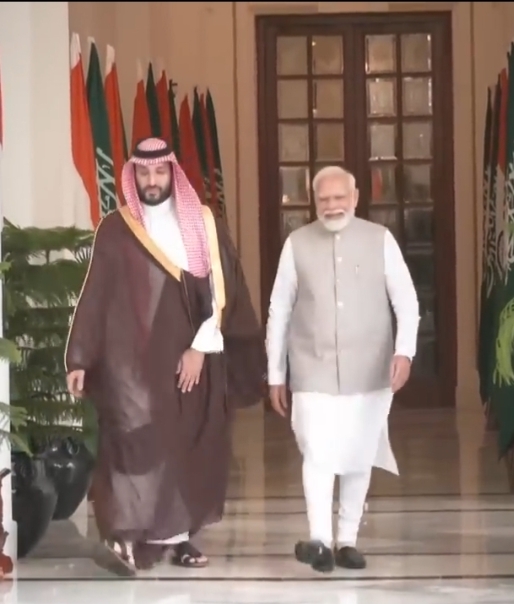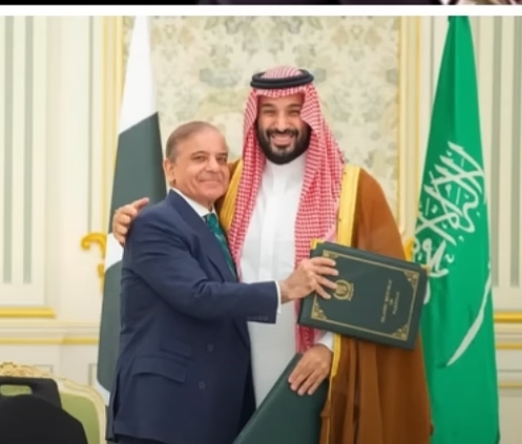

NEW DELHI: The strategic agreement signed by Saudi Crown Prince Mohd Bin Salman with Pakistan Prime Minister Shehbaz Sharif during his state visit will impact India immensely, says an analysis in Swarajya magazine.
It says the pact obliges each side to view an attack on one country as an attack on both. Official Saudi and Pakistani media said the agreement “strengthens joint deterrence against any aggression” and institutionalises decades of defence cooperation.
Historically, Saudi–Pakistan security cooperation runs deep. Saudi Arabia was among the first countries to recognise Pakistan in 1947 and a 1951 Treaty of Friendship laid the groundwork for close ties. Since the 1960s, Pakistan has deployed troops and trainers in the kingdom and trained thousands of Saudi officers.
Riyadh also regularly extends financial support to Islamabad in the form of loans and oil credit as part of this relationship.
The new deal comes amid a volatile regional context. Gulf governments have grown anxious about security after a series of cross-border conflicts and a perceived US pullback. In recent years, Israel’s war on Gaza and its strikes on neighbouring states including the 9 September 2025 Israeli airstrike in Doha have unsettled Arab capitals.
Gulf leaders are increasingly wary of relying solely on the US security guarantor given Washington’s close support for Israel. At the same time India pounded Pakistan military installations in a short conflict earlier this year, threatening to push Pakistan back into the deep economic crisis it has somewhat been emerging out of over the past few months. Observers say the Saudi–Pakistani pact reflects these pressures.
Indian officials have been measured in response. The Ministry of External Affairs reiterated that the government was already aware such a pact was under consideration and would study its implications for national security.
Indian media reported that Saudi authorities had kept India in the loop during negotiations indicating Delhi was not completely blindsided.
Political commentators view the timing as driven by broader regional shifts in US retrenchment and Middle East strife rather than a threat to India. In sum, India was not caught entirely off guard and officials have expressed cautious concern vowing to analyse how the pact might affect stability in the subcontinent and the region.
Is there a security guarantee involved?
Yes and no. The pact’s headline clause that an attack on one is an attack on both is essentially a mutual-defence pledge. In that sense it does create a form of security guarantee as each side promises to deter or respond to aggression against the other.
However, experts note this is largely political and symbolic. The published statements emphasise joint deterrence and consultation but they do not explicitly oblige Saudi or Pakistan to unconditionally deploy forces whenever the other is attacked.
Observers compare it to NATO’s Article 5 in spirit as it commits partners to mutual support but the exact military response would be decided at the time. Pakistan’s earlier Cold War era defence pacts with the US similarly did not guarantee automatic intervention.
In short, the agreement sets a formal commitment to mutual defence but it stops short of spelling out a binding immediate military action in all cases.





